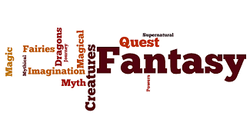
Although many folks lump science fiction and fantasy books in the same category, the two genres are actually quite different. Sci-Fi features technology that’s already in use or may realistically be possible in the future. Fantasy, on the other hand, has no basis in science or reality and may include a fictitious world, magic, or supernatural elements.
From there, fantasy can explore numerous other paths, such as
- Good vs. evil
- An epic quest or journey
- Coming of Age
- Love
- Betrayal
- Unusual people or creatures
- A reluctant hero
Origins of Fantasy
Storytellers in ages past regaled their audiences with tales of gods and monsters. Mythology and folklore used these creations to entertain, and on occasion, lead their naive listeners to believe the fanciful stories to be true. As a literary art, fantasy got its start when original or untold stories were released bearing the names of their authors, and the audience clearly understood the works to be fictitious.
Identifying classic fantasy novels, titles like J.R.R. Tolkien’s Lord of the Rings and C.S. Lewis’ The Chronicles of Narnia are usually the first to come to mind. Yes, these two authors brought the fantasy genre to the attention of readers worldwide, but they were not the first writers to create fantastical worlds. Tolkien and Lewis wrote their books in the 1950s, yet the era of modern fantasy started much earlier, in the 1800s.
Lewis Carroll’s Alice in Wonderland first appeared in print in 1865, yet this delightful story missed out on being the premiere fantasy novel by seven years. The first in this genre was Phantastes, attributed to Scottish author, George MacDonald. His 1858 fictitious story tells of a young man drawn into a dream world where he embarks upon a series of adventures. However, history bestows the award for creating the earliest known fantasy world beyond Earth to Englishman William Morris for his 1896 novel, The Well at the World’s End.
Fantasies have evolved over the last 160+ years into one of the most popular book categories thanks to the innovations of authors like MacDonald and Morris. Unfortunately, though, history overlooks these lesser-known names and bequeaths Tolkien the mantle of being the father of modern fantasy.
Through the years, the fantasy genre has grown and diversified, but one thing still holds true. If you want to escape the real world of bills, pressures, and stress, there’s no better way to forget your worries than to step into an alternate reality and let your imagination run free.
How about you? Have you ever gotten so lost in a fantasy novel that it took you a while to come back to reality?
Be sure to subscribe to the Sweet & Sassy blog, so you never miss out on any of our posts!
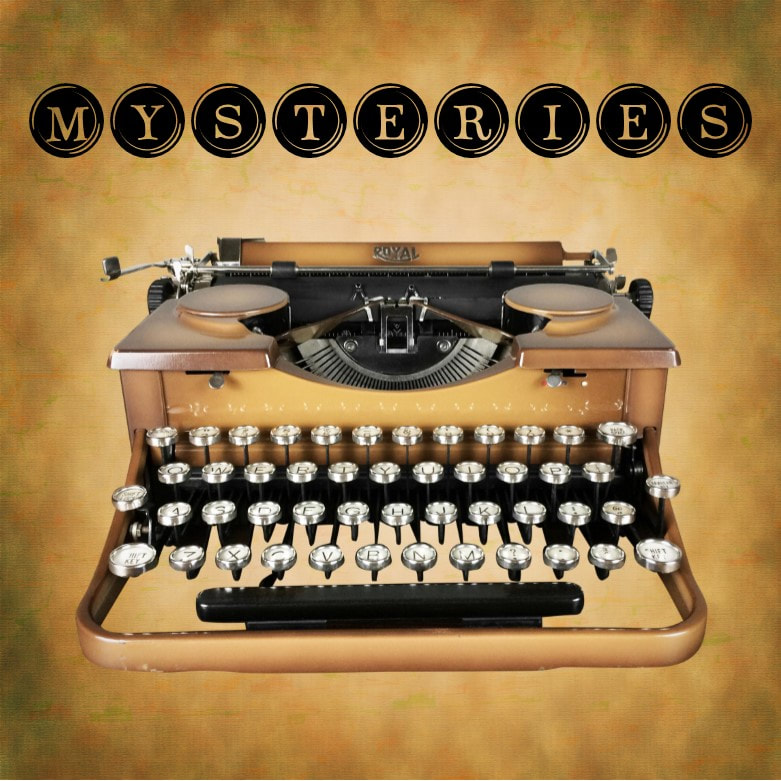
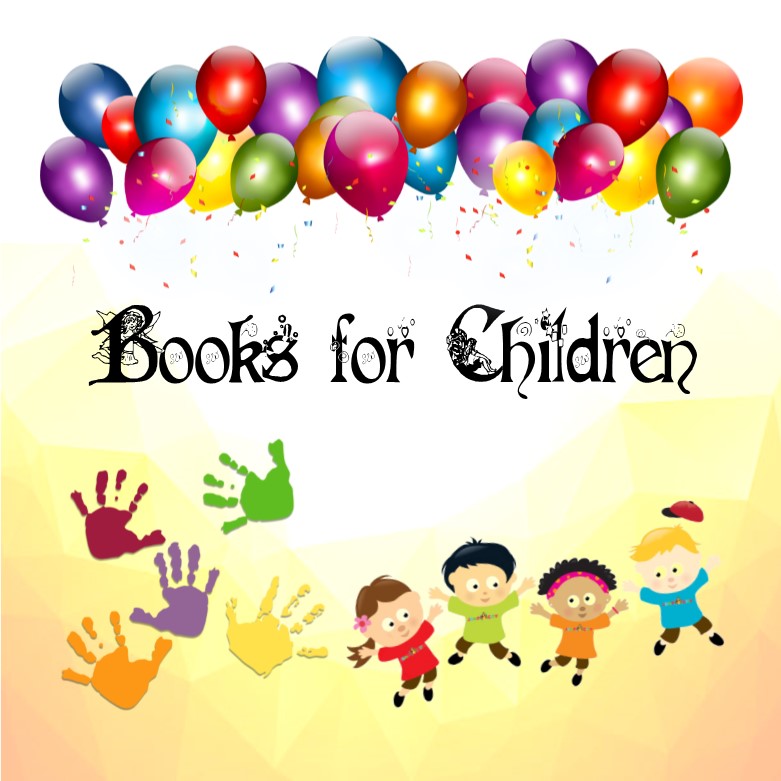
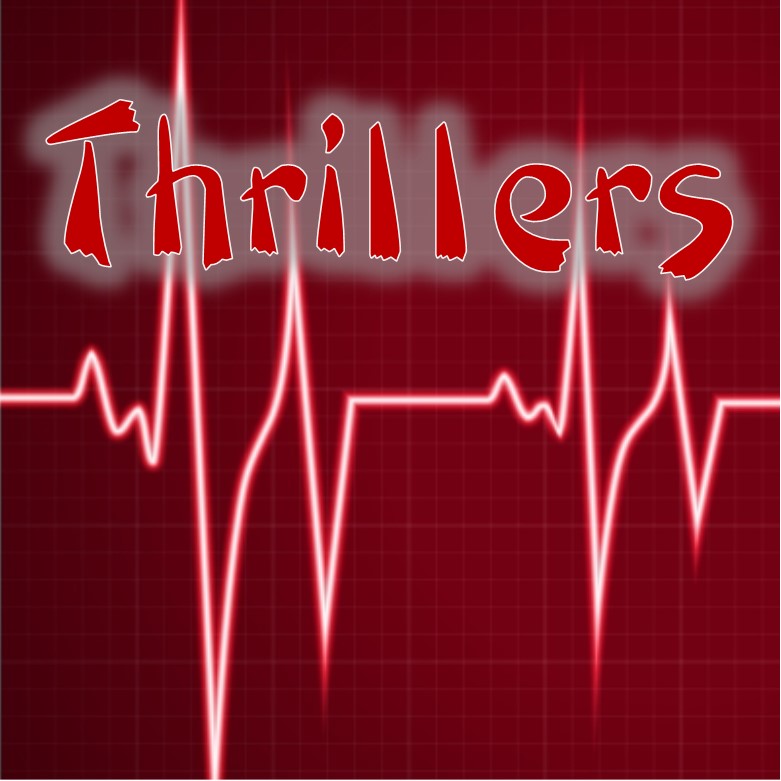
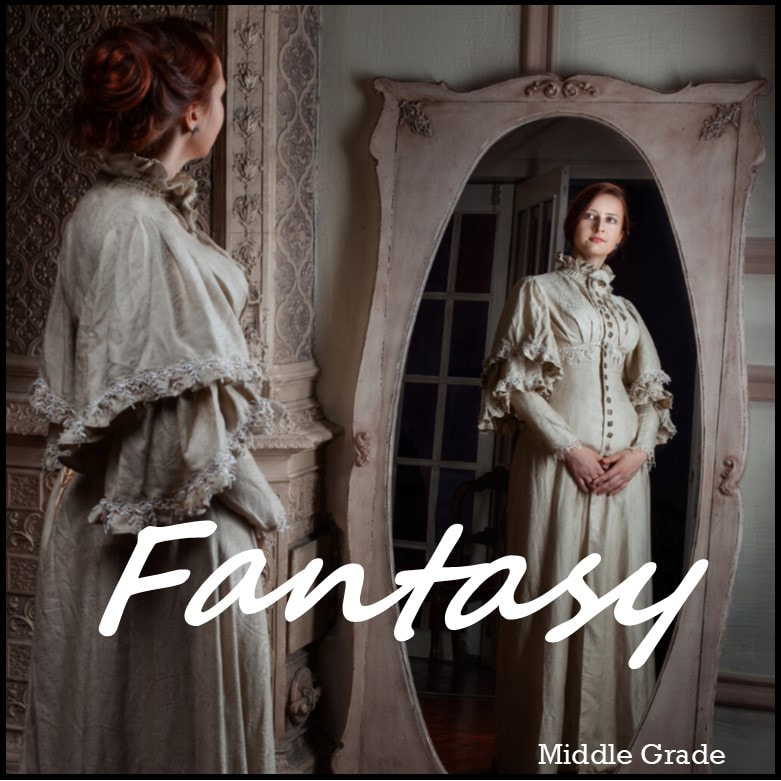

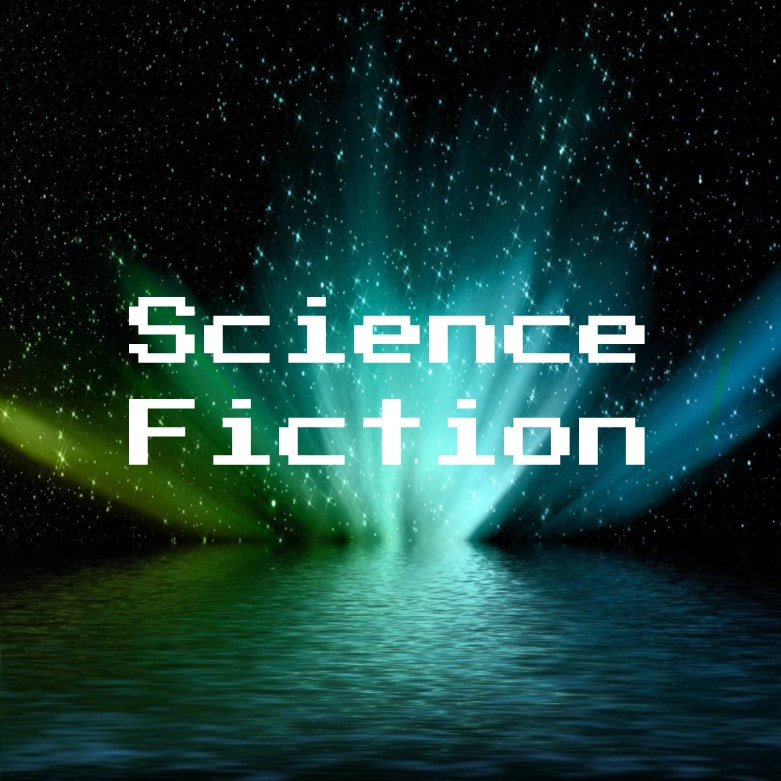

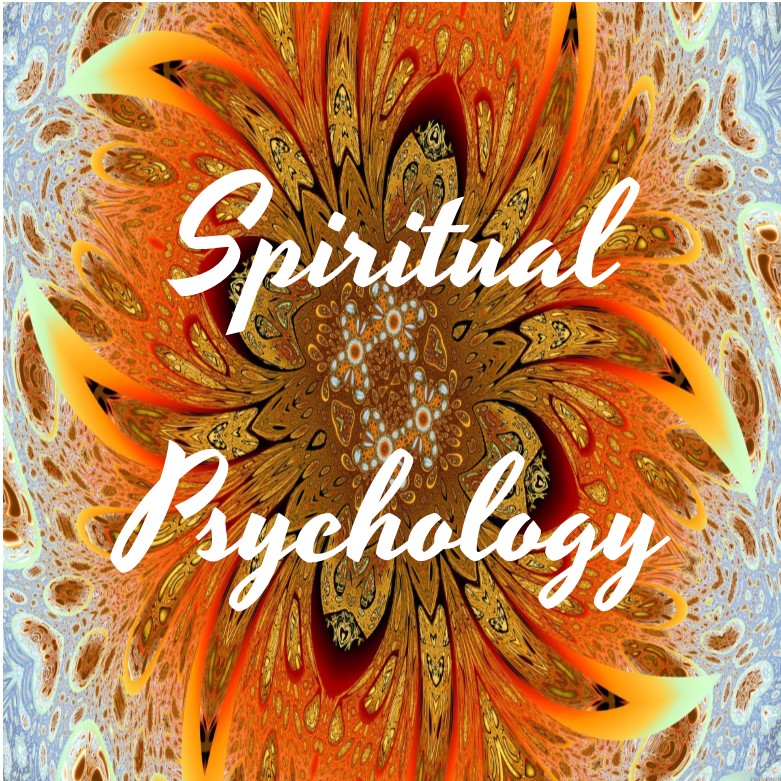

 RSS Feed
RSS Feed